Haiti's mass jailbreak: what do gang leaders want?
Gangs hope violence will bring down Prime Minister Ariel Henry amid a growing security and economic 'nightmare'
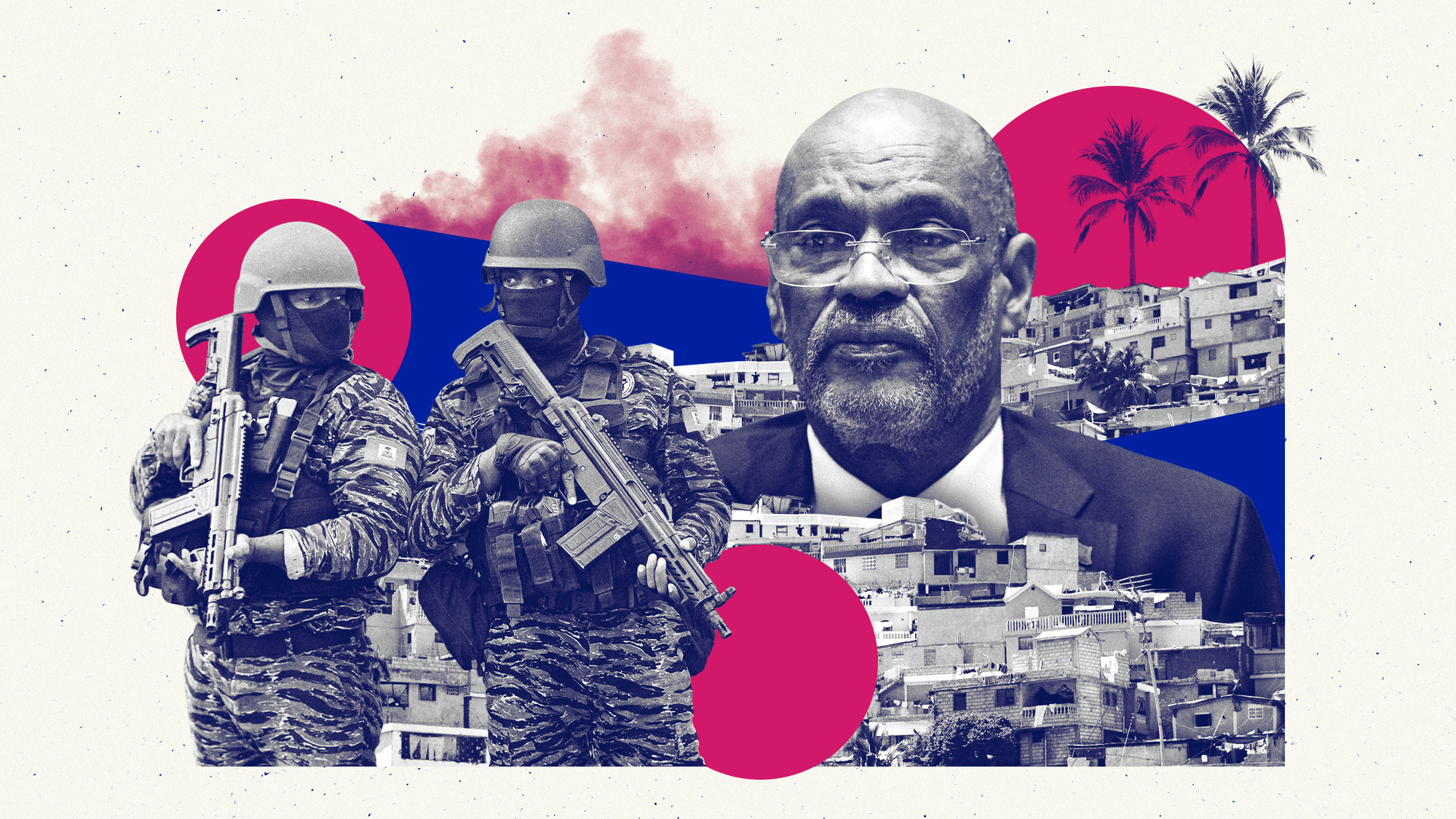
A free daily email with the biggest news stories of the day – and the best features from TheWeek.com
You are now subscribed
Your newsletter sign-up was successful
Haiti has declared a 72-hour state of emergency after armed gangs stormed the country's largest prison and freed around 3,700 inmates.
At least 12 people were killed during the jailbreak from the National Penitentiary in the capital, Port-au-Prince, where detainees included gang members charged in connection with the 2021 killing of President Jovenel Moïse. The assassination sparked ongoing unrest in the impoverished Caribbean country.
The UN estimates that more than 8,400 people were victims of Haiti's gang violence last year, including killings, injuries and kidnappings, more than double the numbers for 2022.
The Week
Escape your echo chamber. Get the facts behind the news, plus analysis from multiple perspectives.

Sign up for The Week's Free Newsletters
From our morning news briefing to a weekly Good News Newsletter, get the best of The Week delivered directly to your inbox.
From our morning news briefing to a weekly Good News Newsletter, get the best of The Week delivered directly to your inbox.
This weekend's jailbreak came after Prime Minister Ariel Henry travelled to Nairobi to discuss sending a Kenya-led multinational security force to Haiti. In response, gang leader Jimmy Chérizier, nicknamed "Barbecue", declared a co-ordinated attack to remove Henry and bring down what remains of his government.
"All of us, the armed groups in the provincial towns and the armed groups in the capital, are united," said Chérizier, a former police officer.
What did the commentators say?
Haiti "spiraled into a state of extreme unrest" after Moïse's assassination led to "widespread gang violence and the near-complete collapse of security", said The New York Times.
Nearly 3,000 of the country's 15,000 police officers have abandoned their posts in the past two years, according to official figures. With no president or elected national officials, gangs have "seized control of much of Port-au-Prince" and "terrorise thousands of people every day", said the paper.
A free daily email with the biggest news stories of the day – and the best features from TheWeek.com
Haiti's police union had asked the military to help reinforce the capital's main prison, before the compound was stormed late on Saturday. As to how many inmates are now on the run, "sources close to the institution say it is likely to be an 'overwhelming' majority", said Sky News.
The prison in Port-au-Prince was built to house 700 prisoners, but held 3,687 as of February last year, according to rights group RNDDH. Among those held in the prison were 18 former Colombian soldiers who were jailed for their alleged involvement in the assassination of Moïse, as well as a small number of older and infirm inmates.
Henry visited Nairobi last week in a bid to secure the deployment of 1,000 Kenyan police officers to help get a grip on the violence. The Kenyan High Court had blocked the plan in January, ruling that an international agreement – finally signed on Friday – was required to send police to other countries. Along with the Kenyan officers, Benin has offered 2,000 troops; the Bahamas has committed 150 personnel; Jamaica and Antigua & Barbuda have said they are willing to help; and the US has pledged £158m ($200m) to support the deployment.
What next?
"It is unclear whether an international police force led by Kenya, which has drawn criticism from human rights groups, could help check the violence," said The New York Times.
Many point to Henry as the problem. Under a political deal concluded after Moïse's assassination, Haiti was supposed to hold elections, and the unelected PM was to cede power by 7 February this year. But Henry has argued that security must first be re-established in order to ensure free and fair elections.
Haiti has not had a single elected government official since the term of the last elected senators expired in January 2023. This political vacuum, combined with "anger at the shocking levels of violence", have led to several demonstrations against the government, , said the BBC, "with protesters demanding the resignation of the prime minister".
On top of the widespread civil and political unrest, Haiti's "economy and public health system are also in tatters", added the broadcaster.
Claude Joseph was serving as acting prime minister when Moïse was assassinated and is now head of the opposition party Those Committed to Development. He told the BBC that, despite the "nightmare" Haiti was living through, Henry wanted "to stay as long as possible in charge".
While they may disagree about how to remove Henry, both Joseph and gang leader Chérizier agreed it is the only solution. The country can no longer cope with the situation, said Chérizier. With no leader, no food and no security, the "population is tired", he said. "It can't take it anymore."
-
 What to know before filing your own taxes for the first time
What to know before filing your own taxes for the first timethe explainer Tackle this financial milestone with confidence
-
 The biggest box office flops of the 21st century
The biggest box office flops of the 21st centuryin depth Unnecessary remakes and turgid, expensive CGI-fests highlight this list of these most notorious box-office losers
-
 What are the best investments for beginners?
What are the best investments for beginners?The Explainer Stocks and ETFs and bonds, oh my
-
 Why have homicide rates reportedly plummeted in the last year?
Why have homicide rates reportedly plummeted in the last year?Today’s Big Question There could be more to the story than politics
-
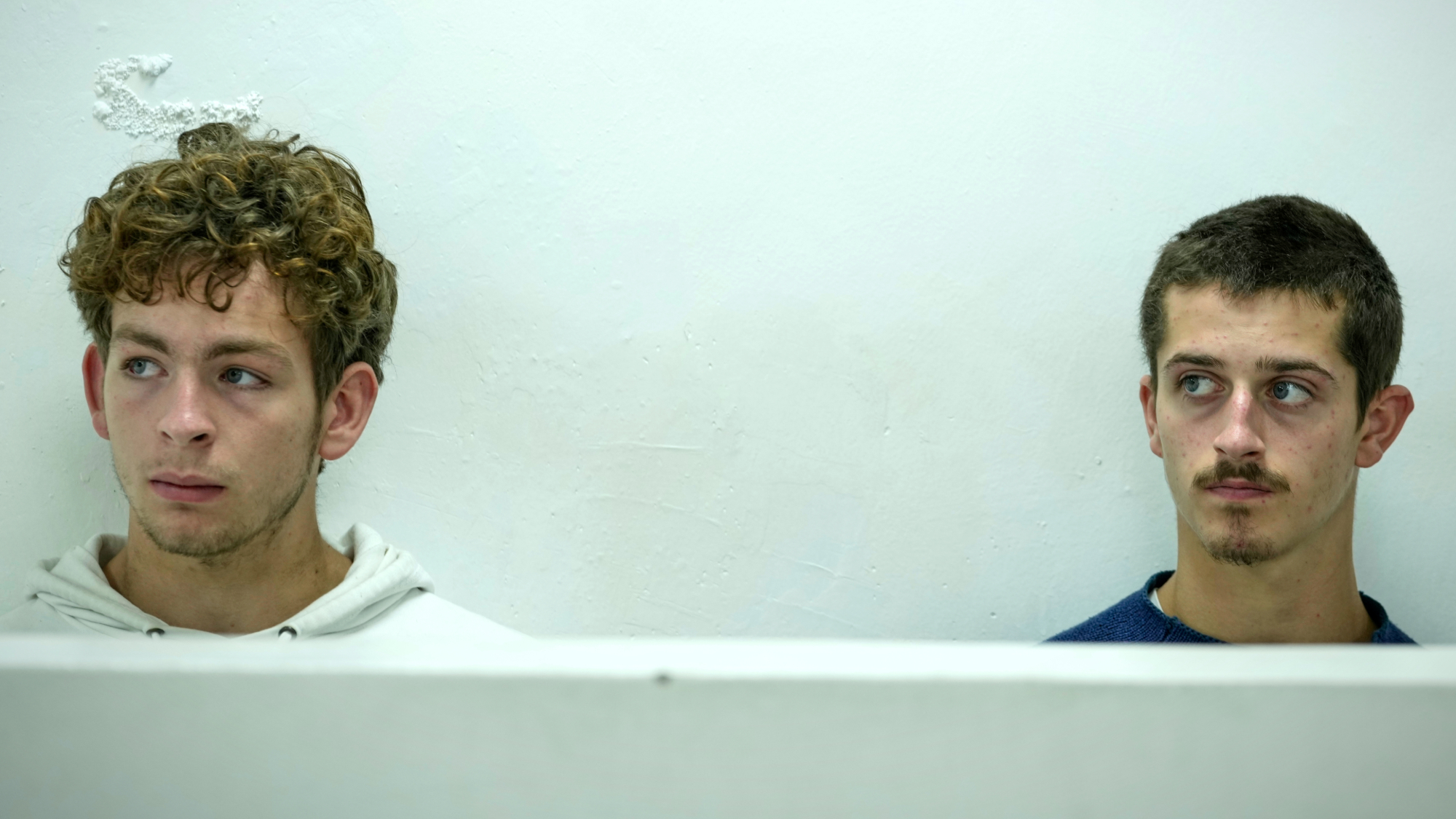 Kenya arrests alleged ant smugglers
Kenya arrests alleged ant smugglersspeed read Two young Belgians have been charged for attempting to smuggle ants out of the country to exotic pet buyers
-
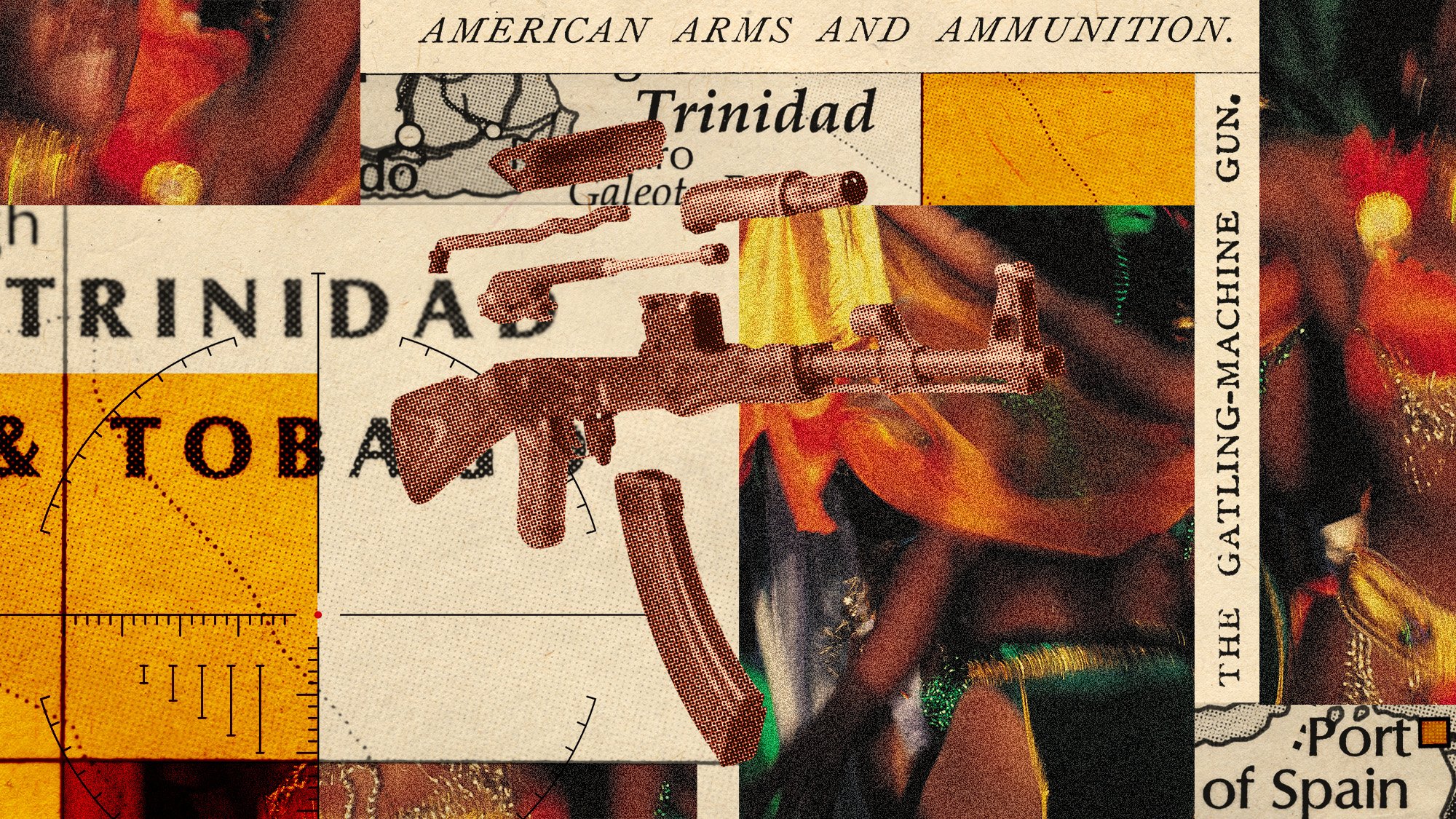 Trinidad and Tobago's murder emergency
Trinidad and Tobago's murder emergencyUnder the Radar Gang violence in the Caribbean island nation has seen murder rates soar to unprecedented levels
-
 Haitian gangs massacre hundreds accused of 'witchcraft'
Haitian gangs massacre hundreds accused of 'witchcraft'Under the Radar Vodou practices blamed for gang leader's son's illness, as elderly are hacked to death in Port au Prince
-
 Inside Marseille's deadly drug wars
Inside Marseille's deadly drug warsThe Explainer Teenage hitmen recruited through social media are lured by money and gang 'brand'
-
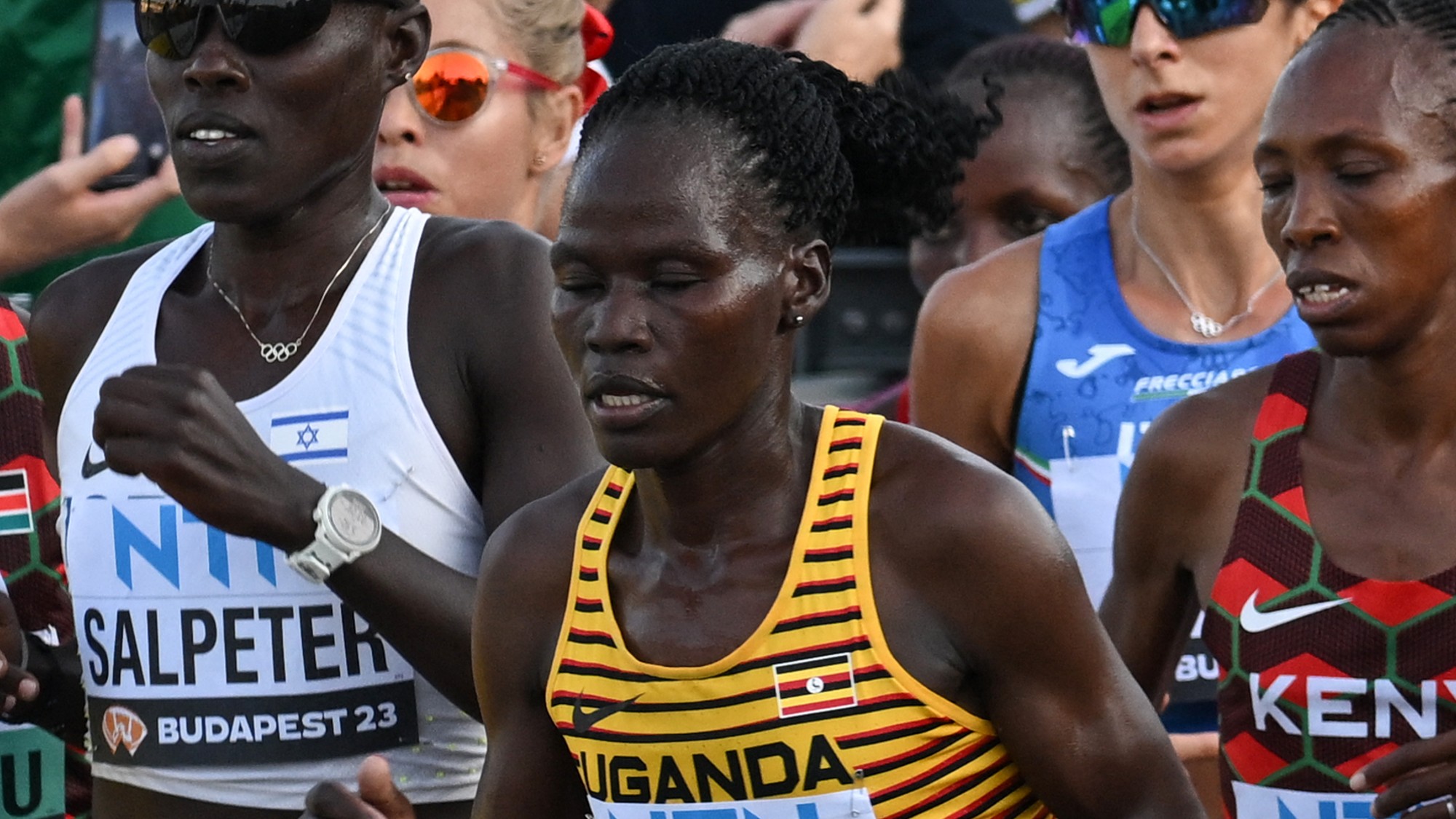 Kenya's 'epidemic of violence' against female athletes
Kenya's 'epidemic of violence' against female athletesUnder the Radar Murder of Olympic marathon runner Rebecca Cheptegei spotlights 'trend' of killings and wider culture of domestic abuse
-
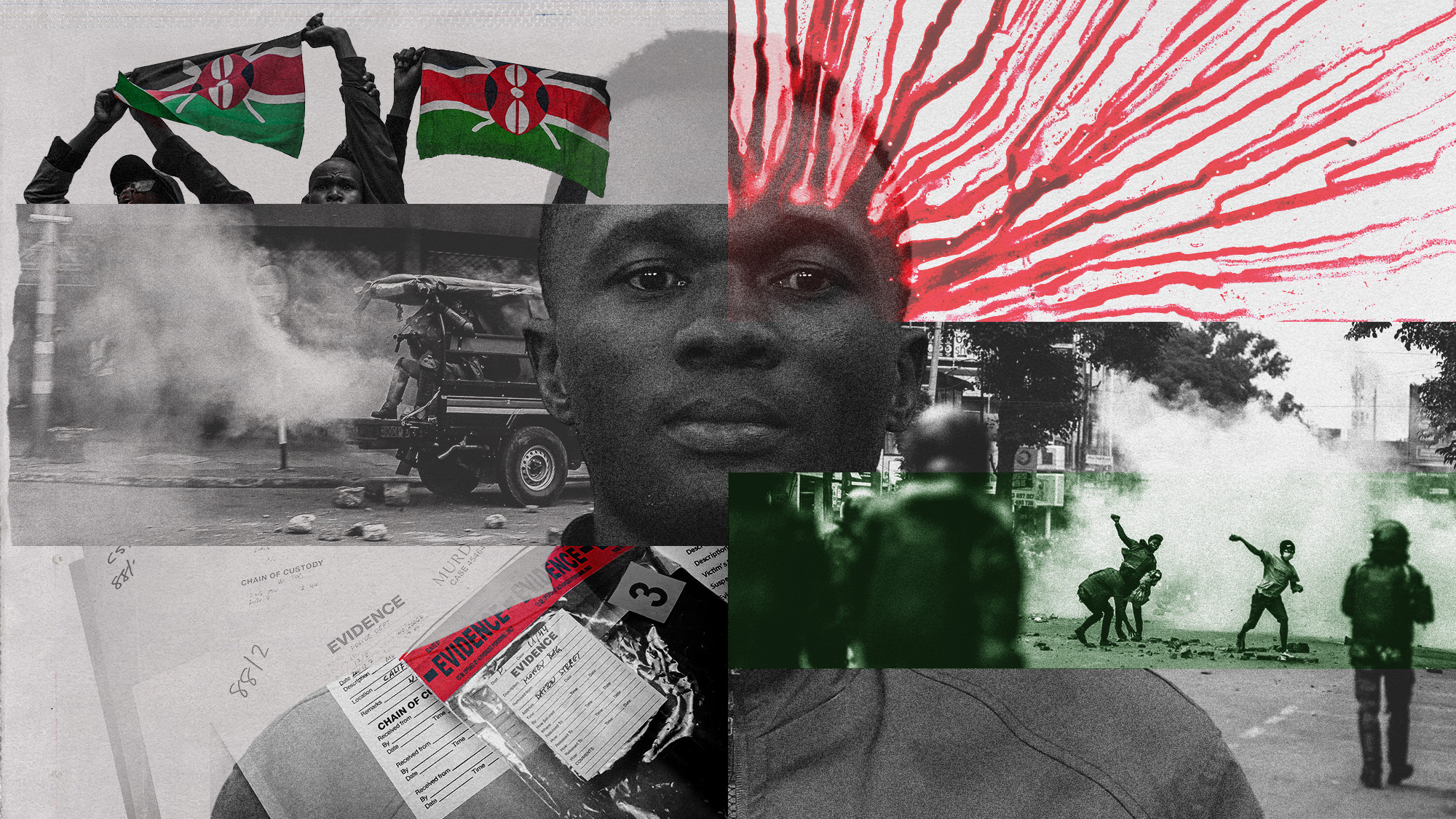 Why some Kenyans are sceptical about 'vampire' serial killer
Why some Kenyans are sceptical about 'vampire' serial killerUnder the Radar 'Kenya's Ted Bundy' has been linked to dozens of murders, but sceptics have questioned whether he is a scapegoat for the murders of anti-government activists
-
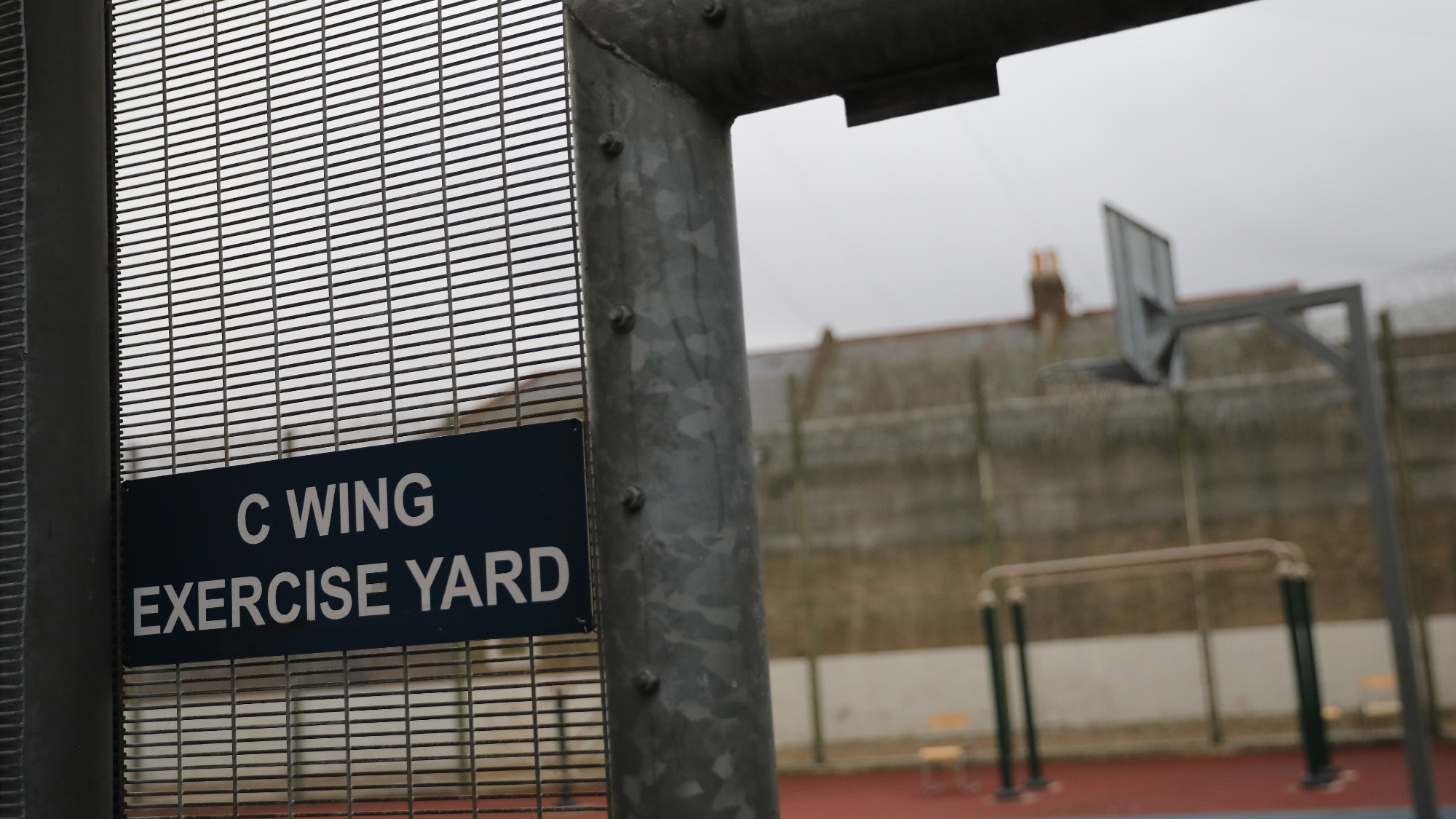 Can Starmer's plan solve the prisons crisis?
Can Starmer's plan solve the prisons crisis?Today's Big Question Releasing inmates early is 'least worst option' to tackle overcrowding, but critics say it puts public at risk